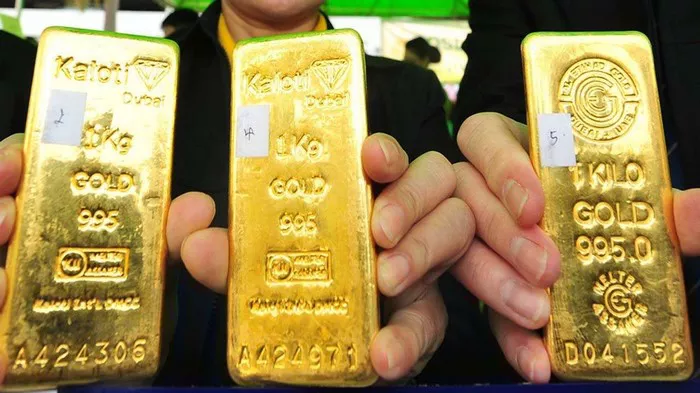In the realm of commodities trading, gold futures stand out as one of the most widely traded derivative instruments, offering investors and speculators a platform to gain exposure to the price movements of gold without owning the physical metal. However, understanding who sells gold futures and their roles in the market is crucial for aspiring traders and investors. In this article, we delve into the intricacies of the gold futures market, shedding light on the various participants involved in selling gold futures contracts and their roles in shaping market dynamics.
Understanding Gold Futures Contracts
Gold futures contracts are standardized agreements to buy or sell a specified quantity of gold at a predetermined price on a future date. These contracts are traded on commodities exchanges such as the Chicago Mercantile Exchange (CME) and the Multi Commodity Exchange (MCX), providing market participants with a regulated platform for price discovery and risk management. Gold futures contracts typically represent 100 troy ounces of gold and are traded in U.S. dollars per ounce.
Participants in the Gold Futures Market
Commodity Exchanges: Commodity exchanges serve as the primary marketplace for trading gold futures contracts. These exchanges provide a centralized platform where buyers and sellers can come together to execute trades, facilitate price discovery, and ensure transparency and liquidity in the market. Major exchanges such as the CME Group and the MCX offer gold futures contracts with varying specifications and expiration dates, catering to the diverse needs of market participants.
Commercial Producers and Consumers: Commercial entities involved in the production, refining, and consumption of gold often participate in the gold futures market to hedge their exposure to price fluctuations. Gold producers may sell futures contracts to lock in prices for future production, while gold consumers such as jewelry manufacturers and electronics companies may buy futures contracts to secure future supply at predetermined prices. These commercial participants play a vital role in providing liquidity and stability to the gold futures market.
Speculators and Investors: Speculators and investors constitute a significant portion of the participants in the gold futures market. Speculators, including hedge funds, proprietary trading firms, and individual traders, engage in futures trading to capitalize on short-term price movements and profit from directional bets on gold prices. Investors, on the other hand, may use gold futures contracts as a means of portfolio diversification, inflation hedging, or as a store of value.
Market Makers: Market makers are specialized traders or institutions that facilitate liquidity in the gold futures market by quoting bid and ask prices and providing continuous two-way trading. These entities play a crucial role in ensuring smooth order execution and narrowing bid-ask spreads, thereby enhancing market efficiency and reducing trading costs for participants. Market makers may include banks, brokerage firms, and high-frequency trading (HFT) firms with the infrastructure and resources to maintain orderly markets.
Trading Dynamics in the Gold Futures Market
The trading dynamics in the gold futures market are influenced by various factors, including supply and demand fundamentals, macroeconomic indicators, geopolitical events, and investor sentiment. Fluctuations in gold prices can be driven by changes in interest rates, inflation expectations, currency movements, and global economic conditions. Additionally, factors such as central bank policies, geopolitical tensions, and market speculation can contribute to volatility in the gold futures market.
Conclusion
In conclusion, understanding who sells gold futures and their roles in the market is essential for participants looking to navigate the complexities of commodities trading. From commodity exchanges and commercial producers to speculators and investors, a diverse array of participants contribute to the liquidity and efficiency of the gold futures market. By comprehending the dynamics of gold futures trading and staying abreast of market developments, traders and investors can make informed decisions and capitalize on opportunities in the ever-evolving landscape of commodities markets.


